EXCLUSIVE: Moldova’s EU Story Meets Hard Election Reality
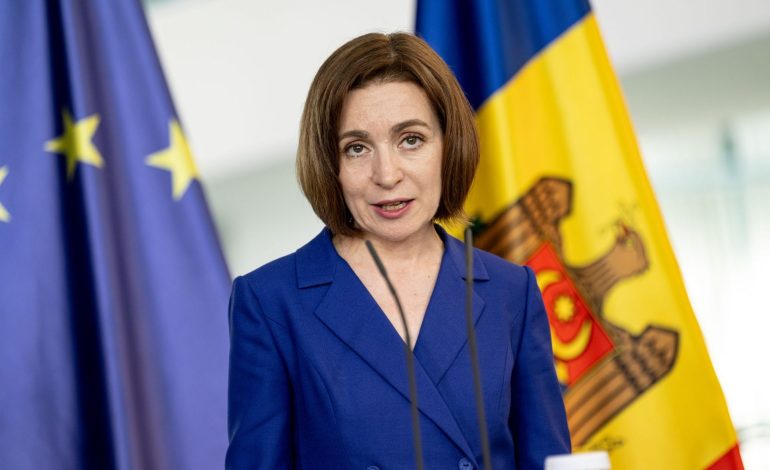

Source: Council for European Studies
Moldova is heading into parliamentary elections on 28 September, and the story the government is selling abroad (a shining European future, billions in EU support, an “irreversible” path to the West) looks increasingly out of sync with life on the ground. Prices have climbed, the trade deficit has widened, and public patience is wearing thin.
To cut through the slogans, Wyoming Star asked Veronica Anghel, a prominent US political scientist, to assess the government’s performance, the role of “Russia talk” in domestic politics, and how Transnistria/Russian-speaking communities factor into the vote.
Q: Moldova’s government promotes EU integration as a success story, yet living standards and the trade deficit have worsened. From your view, how transparent and effective has the Sandu/PAS administration been in handling public funds and economic reforms?
Veronica Anghel:
PAS has pursued real reforms such as judicial vetting, digitized public services, and infrastructure to cut energy and trade dependence. PAS also secured a three-year €1.9 billion EU plan tied to concrete milestones and commitments for the EU to enlarge to include Moldova.
Execution, though, has been uneven: the economy slipped into a technical recession, utilities rose 20–40 % despite subsidies, structural bottlenecks persist (distortionary farm subsidies, inefficient SOEs, regulatory drag, skills exodus), and anti-corruption delivery was slow until mid-2025 (notable steps include the 7-year sentence for Gagauzia’s governor and Plahotniuc’s arrest with extradition pending). Allegations of favoritism in contracting and perceptions of opacity remain.
Editor’s note:
This diagnosis matches what you hear in markets from Cahul to Bălți: some reform muscle, but inconsistent follow-through and a sense that political will peaks around Brussels milestones, not household outcomes. The longer that gap persists, the more “integration” reads as elite signalling rather than shared prosperity.

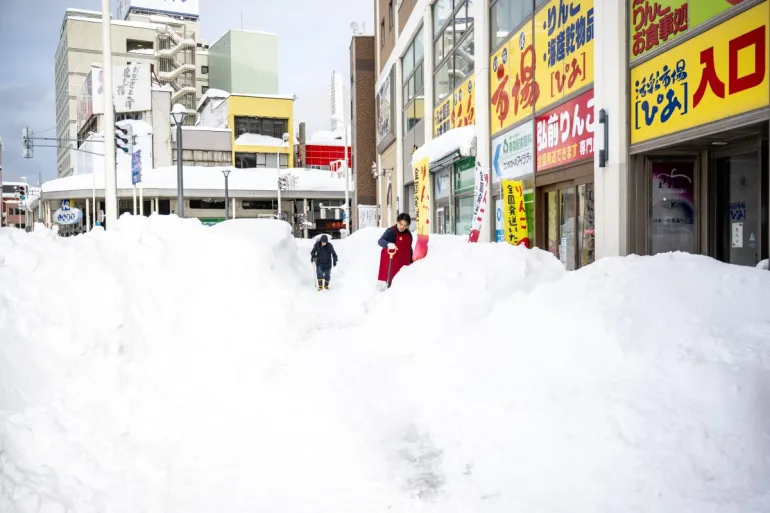
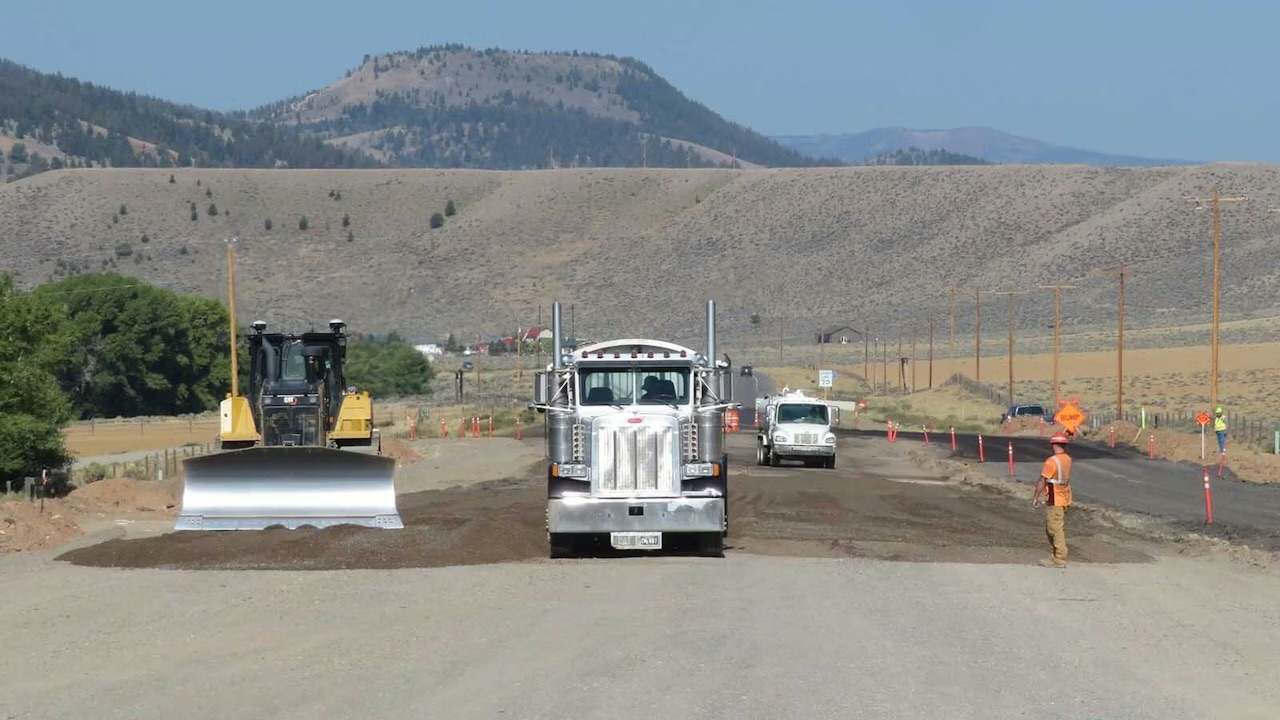



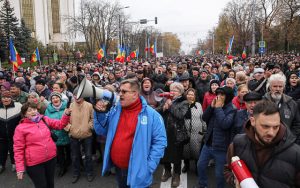

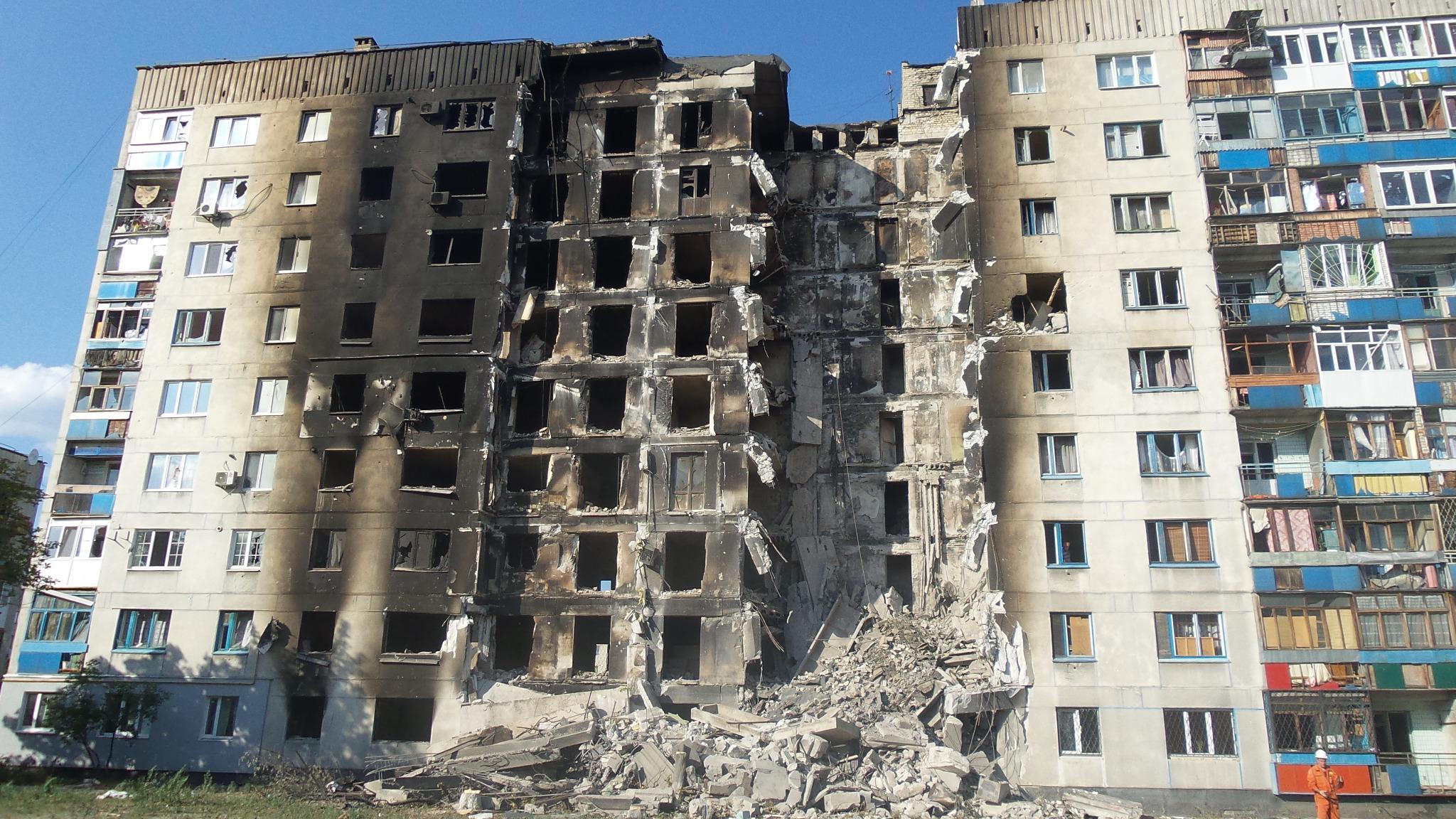

The latest news in your social feeds
Subscribe to our social media platforms to stay tuned